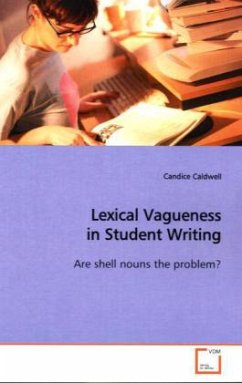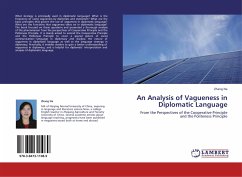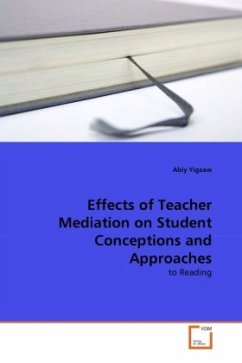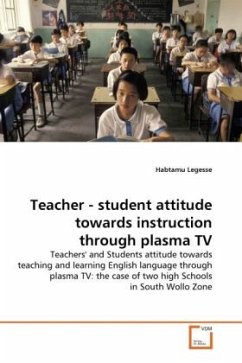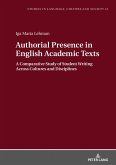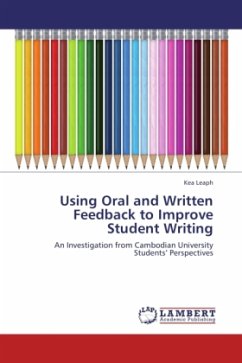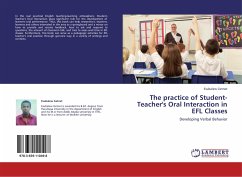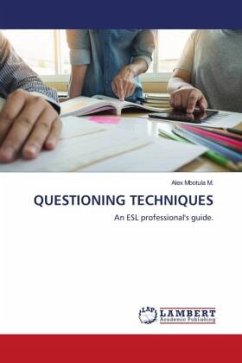This book examines underspecificity in undergraduate
writing. Two corpora of South African student essays
(English L1 & L2) are compared to a corpus of
academic papers (PW) using both quantitative methods
and a discourse-analytic approach. So-called shell
nouns like problem, fact, and idea, are often blamed
for vagueness in student writing. Yet they are a core
feature of English academic vocabulary. Quantitative
corpus analysis reveals that students and PWs use
both shell nouns, and the syntactic patterns in which
they occur, with similar frequency. Distinguishing
between sense and reference clarifies a crucial
difference between nouns with vague denotation, and
noun phrases (NPs) with vague reference. A second
analysis of the discoursal structure of the texts
concentrates on definite referring expressions. A
coding method was developed in order to categorize
how writers specify the referents of NPs containing
shell nouns. Students use shell nouns not only as NP
heads but, repetitively, within specifying phrases
whose function should be to constrain reference. I
argue that the embedding of vague nouns in referring
NPs stems from a writer's tendency to assume shared
knowledge.
writing. Two corpora of South African student essays
(English L1 & L2) are compared to a corpus of
academic papers (PW) using both quantitative methods
and a discourse-analytic approach. So-called shell
nouns like problem, fact, and idea, are often blamed
for vagueness in student writing. Yet they are a core
feature of English academic vocabulary. Quantitative
corpus analysis reveals that students and PWs use
both shell nouns, and the syntactic patterns in which
they occur, with similar frequency. Distinguishing
between sense and reference clarifies a crucial
difference between nouns with vague denotation, and
noun phrases (NPs) with vague reference. A second
analysis of the discoursal structure of the texts
concentrates on definite referring expressions. A
coding method was developed in order to categorize
how writers specify the referents of NPs containing
shell nouns. Students use shell nouns not only as NP
heads but, repetitively, within specifying phrases
whose function should be to constrain reference. I
argue that the embedding of vague nouns in referring
NPs stems from a writer's tendency to assume shared
knowledge.

